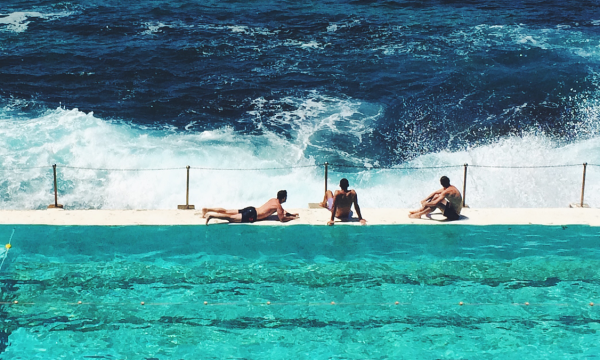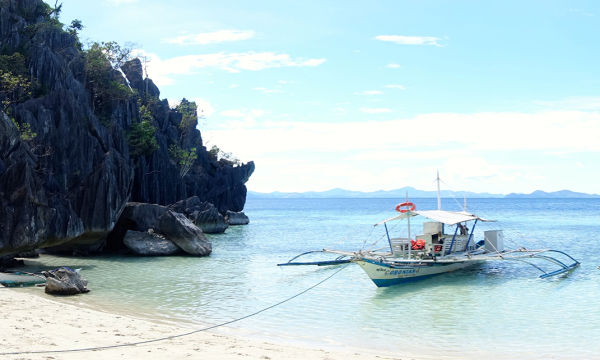Why Everyone Should Travel Solo at Least Once
October 07, 2015
My first international solo travel experience was a gift for somebody else. I was 24 and spending my summer driving around California, working in historical archives and interviewing farmworkers for my dissertation research. One night, from my dreary motel room, I called a friend and asked what he wanted for his upcoming birthday. This friend, who had heard me daydream about visiting Argentina numerous times, replied in a serious tone, “What I want is for you to buy a plane ticket to Argentina, right now.”
Normally, I would have laughed off such a request, but this time was different. Maybe it was because I was feeling bored or too predictable, and wanted to prove to someone that I could be daring and spontaneous. In a matter of minutes, I used all my frequent flier miles to book a ten-day trip to Buenos Aires, much to my friend’s delight and my profound anxiety. My inner monologue went a little like this: Did I really just do that? I don’t know anybody there. My family’s going to go crazy with worry. My friends are going to ask me why I’m going alone. I’m afraid of flying. Maybe I should call up the airline and cancel the entire thing?
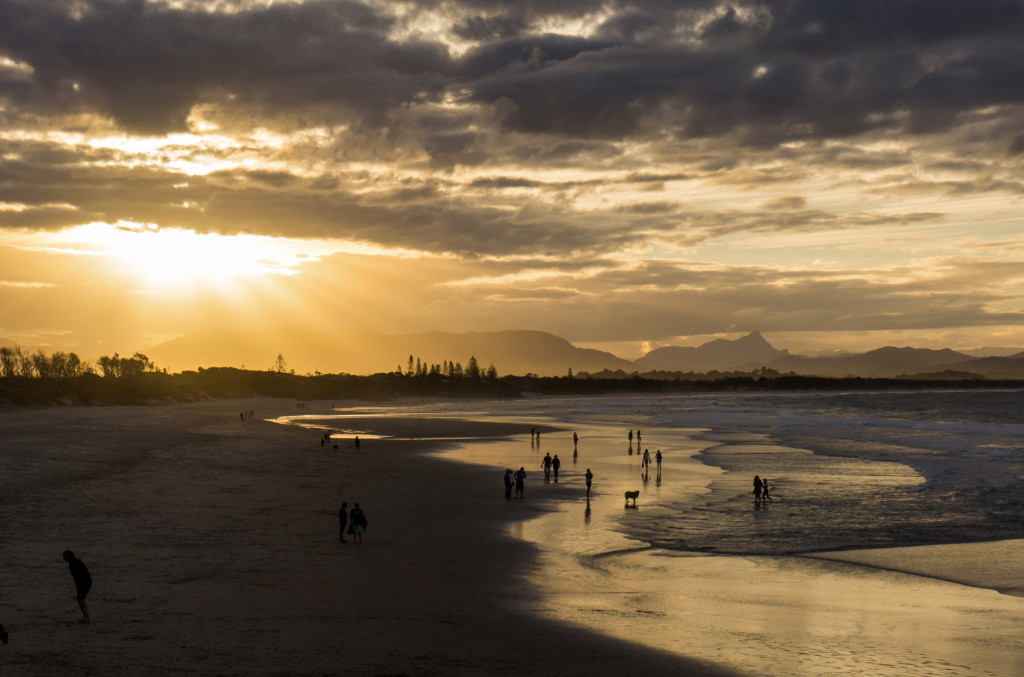
Little did I know that this impulsive act would result in one of my most memorable travel experiences to date, and the birth of an intense wanderlust I have carried with me ever since. In my professional life, I am required to travel for conferences and research, and I’ve seen some beautiful places—Honolulu, Oaxaca, London, Sydney—and I’ve done all of it alone. It can feel extremely isolating (even unsafe, sometimes) to travel solo, and it can be burdensome and exhausting to practice constant self-reliance in unfamiliar territory. Yet the exhilaration that comes from figuring out and experiencing life outside your comfort zone is addicting. I firmly believe that wonderful things can happen to your brain, and your whole outlook, if you make it a point to embrace solitary travel opportunities.
There is something about the figure of the lone woman on a travel adventure that attracts us—the popularity of Eat, Pray, Love or Wild or Under the Tuscan Sun can attest to that. What all these stories get right is that one has to take the sucky elements along with the romantic. Eating dinners alone in Buenos Aires, or even walking to an afternoon tango show, earned me very uncomfortable and unwanted attention from men. On a cross-country drive from California to a new job in Maine, I slept in creepy motel rooms that conjured up No Country for Old Men murder nightmares, leading me to jam furniture under the doorknobs. As a nervous flyer, I still want to cry when there’s no one to hold my hand (willingly) during heavy turbulence. These problems are not all that dramatic or cinematic, but they’re things that surely resonate with many of us. The plaguing questions—How am I going to find my way around? How am I going to get through this on my own? Will I even have any fun? What if this just makes me feel worse or lonelier?—are valid, but shouldn’t derail you from saying “yes” to exploring by yourself.
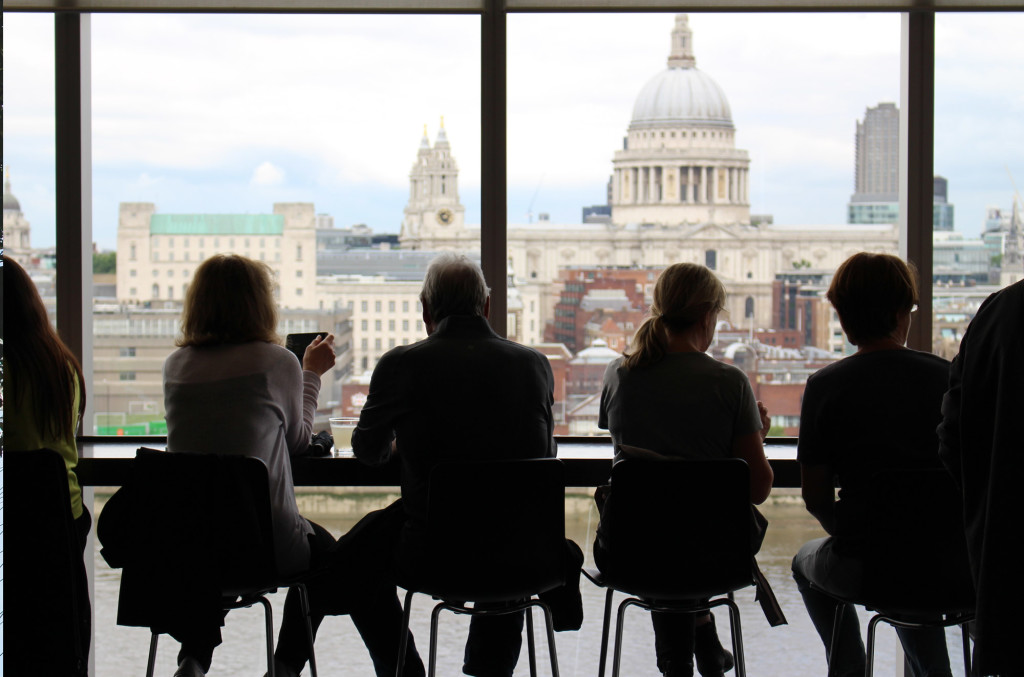
The fact is, what happens to our brains when we challenge ourselves to travel independently is nothing short of amazing. Our cognitive maps not only expand and get stronger—we imprint features of new landscapes and environments onto our memories to help us navigate and survive, and force ourselves to spatially orient and stay mindful—but we also become more open to learning something new. When traveling with others, we compromise on what we want to see and do. We can fall into comfortable patterns with our companions rather than trying to muddle through unfamiliar patterns and languages with strangers.
If I hadn’t been traveling alone in Oaxaca, Mexico, for example, I might not have introduced myself to my fellow hotel guest Mariana. I later contacted her when we were both living in San Francisco, and I now count her as one of my dearest friends. If you’re alone and feeling lost, you’re going to ask more questions, strike up more conversations, and feel a greater rush of appreciation when a stranger helps you. Traveling has the power to make us more tolerant, open-minded, and grateful, and these are all things that boost our resilience when we experience the ups and downs of life.
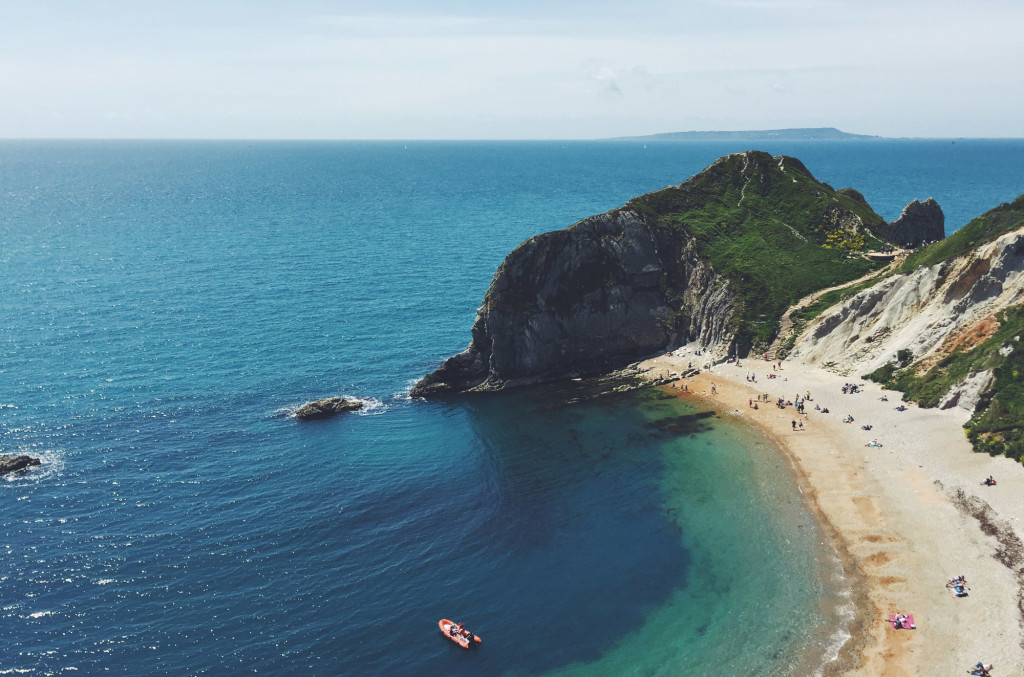
Sometimes I feel self-conscious that I’ve traveled so much alone, because it implies that there hasn’t yet been somebody special enough in my life to share those experiences with. The bottom line is, however, that I have been incredibly lucky and privileged in my adulthood to see the world in ways I never could have imagined during my sheltered childhood. To go from being someone who felt that her freedom was limited, to someone who feels uniquely empowered as a traveler, has felt like a significant personal transformation. Not everyone gets the time and opportunity to travel for fun or work, so while I have that time and opportunity, I will continue to embrace flying solo. We are shaped just as much by the moments that we are alone as by the moments that we share with others. My solitary experiences have helped make me who I am, and I am a more adventurous, humble, and self-aware person because of them.
Last summer, after a conference in Sydney, Australia, I scheduled a few extra days to explore the Whitsunday Islands and Great Barrier Reef. After explaining my plans to a man and woman sitting beside me in the airport shuttle, the woman responded, “It takes a lot of courage to go on holiday by yourself.” And I thought: yes, yes it does. Life is too short; be brave and see something beautiful and unique while it still exists for you. Traveling solo is a gift to yourself, a chance to trust yourself and befriend yourself—and that is too valuable to pass up.








